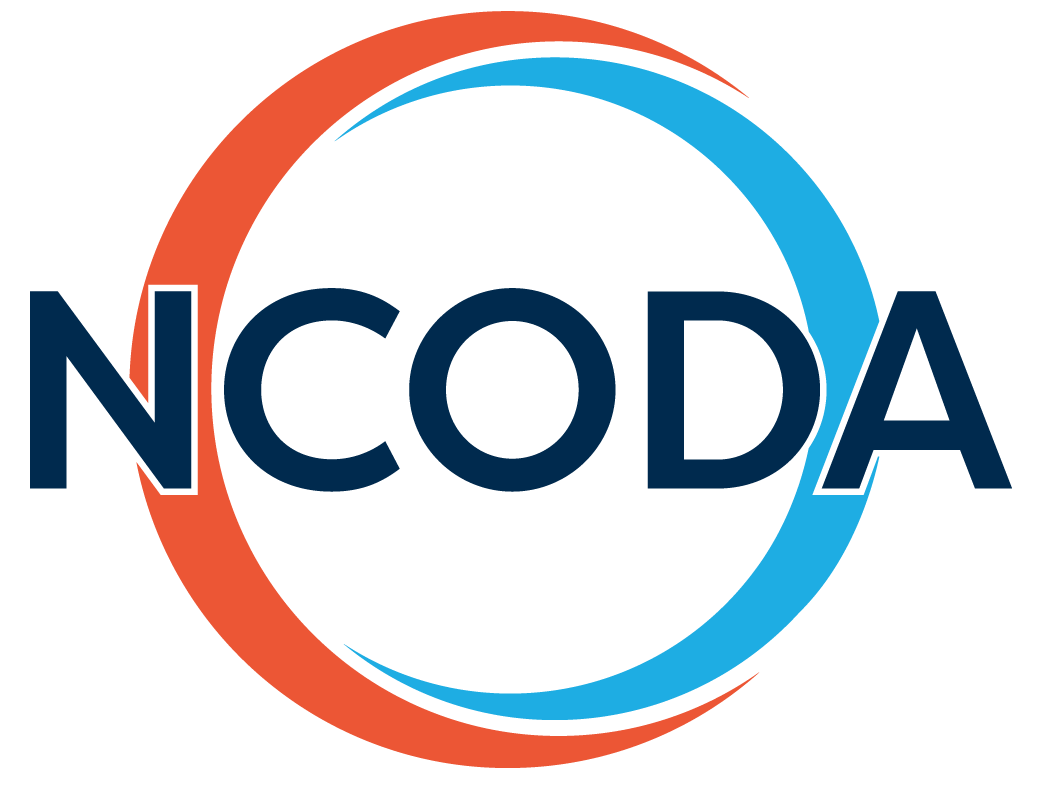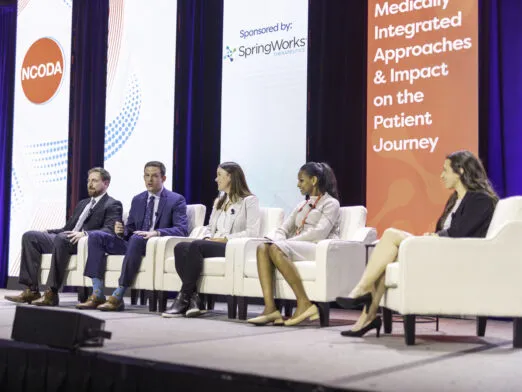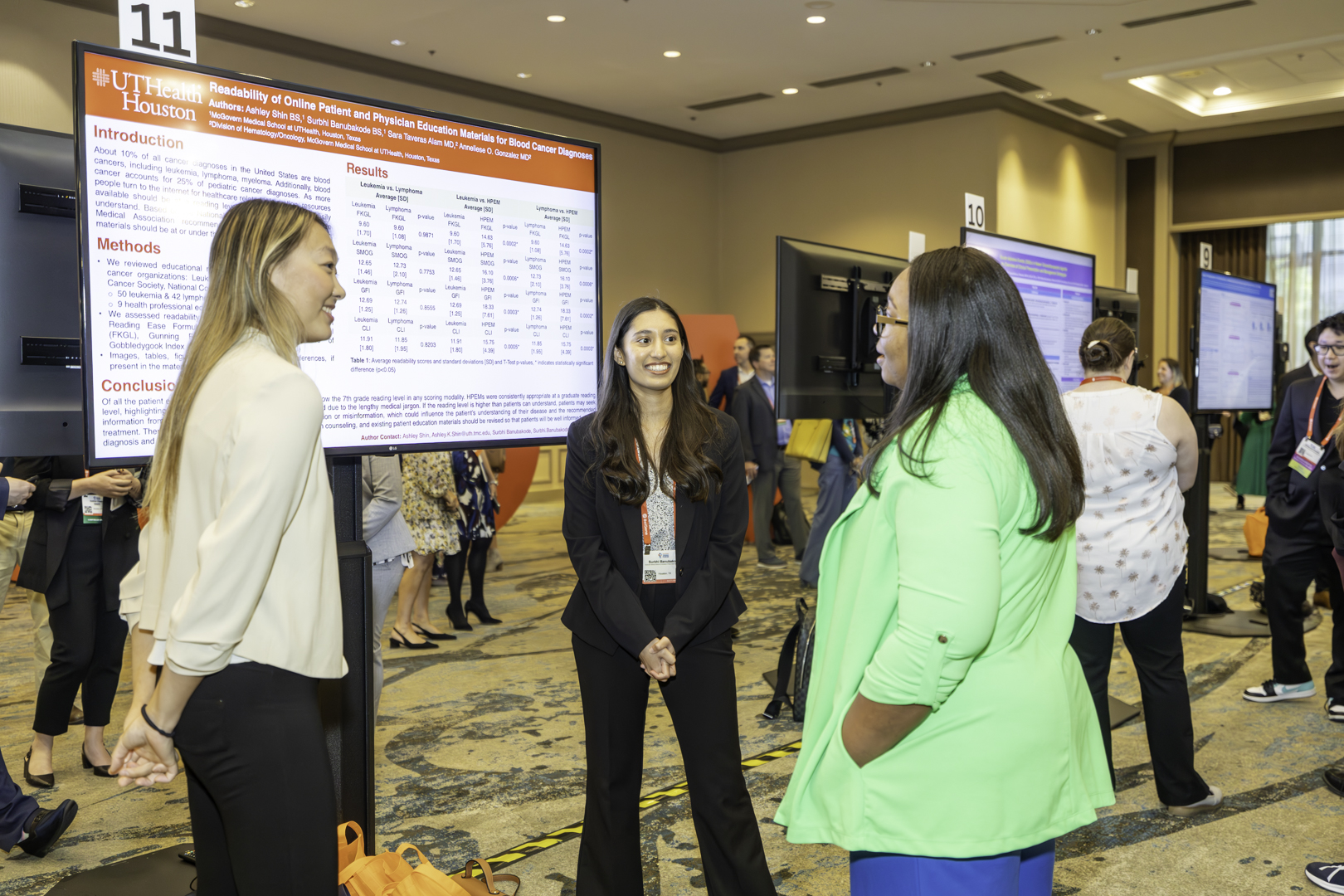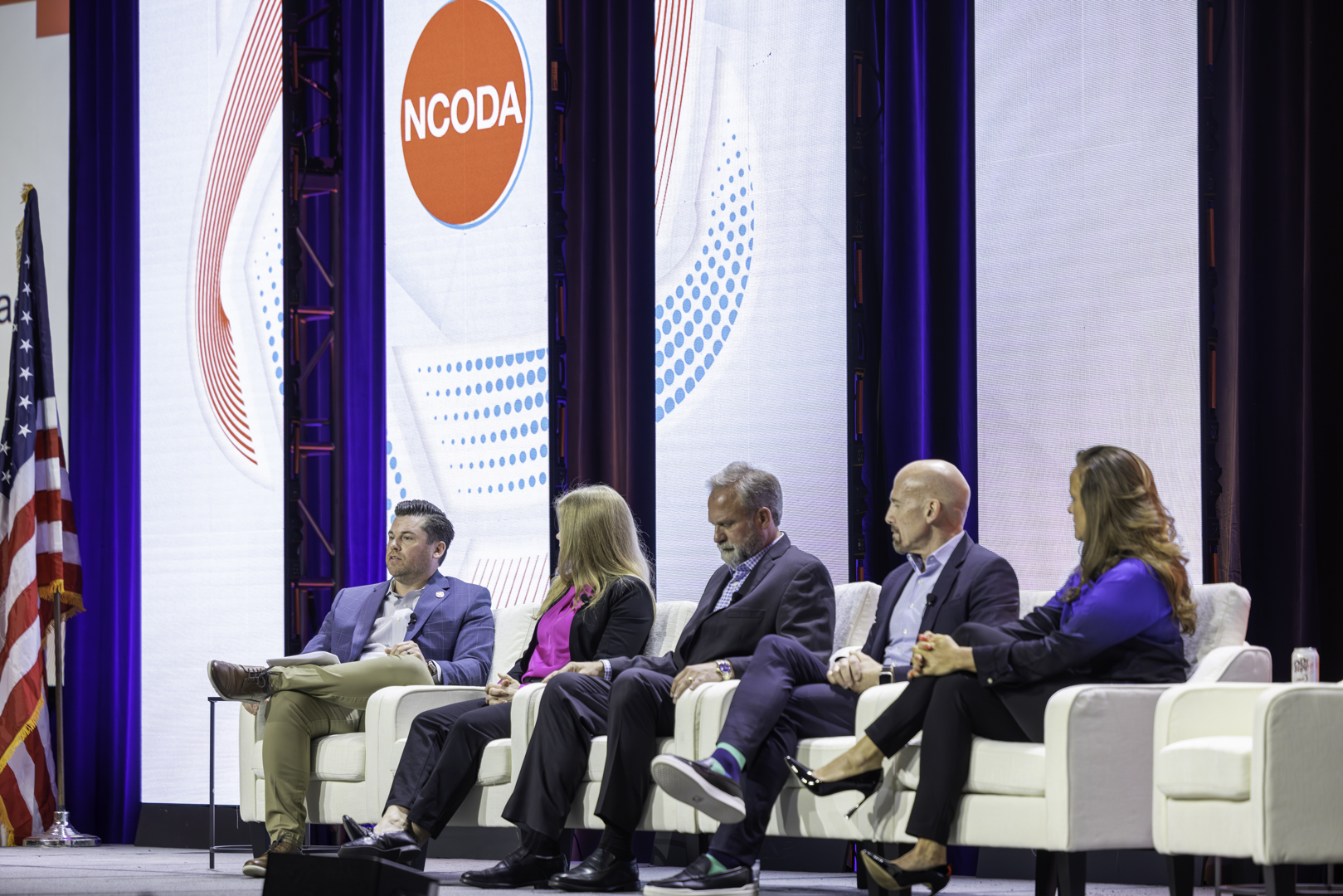2025 Oncology Institute
April 18, 2025 | 6:26 PM EST
Equitable Impact of Clinical Pharmacists on Oncology Patient Care
Published Date: April 18, 2024

Practice interviews and survey results to understand how pharmacists at select medically integrated dispensing (MID) pharmacies help deliver equitable oncology patient care
NCODA, in collaboration with Pfizer Oncology, conducted an online survey of its members in summer 2023 to better understand disparities in oncology care for older adults. This survey revealed that most practice sites do not have a unique set of processes for treating older adult patients, nor are the majority of sites performing formal geriatric assessments. To gain a better understanding of this data and how it impacts cancer care, interviews were conducted with three practice sites. Read further to understand how unique care is being delivered at each respective practice site for all patients, regardless of age.
Introduction
Age is the strongest determinant of cancer risk with nearly 60% of new cancer diagnoses being in adults aged 65 years and older in 2019-2020.1 Among those aged 70 and older, the likelihood of developing cancer stands at one in three for men and one in four for women over their lifetime.2 With the population increasingly aging, the healthcare team must be equipped to care for older adult (defined as 65 years of age or older for this project) patients. This population is uniquely susceptible to challenges like multiple comorbidities, polypharmacy, social support challenges and even cognitive issues, all of which can impact treatment decisions.3 Some organizations have created and published formal geriatric assessments to help guide care, but the reality is that these validated tools are only being used consistently by a small (21%) proportion of oncologists, despite the fact that they have been shown to reduce treatment toxicity.4 Because the use of geriatric assessments is limited, it is vital to understand how guideline concordant care is appropriately prioritized for older adult patients.
While oncology care for older adults has been in the spotlight since 2007, the role of clinical pharmacists in this space has been largely overlooked. NCODA believes oncology clinical pharmacists play a crucial role in providing quality focused and guideline concordant care to cancer patients of all ages. With this project, NCODA hoped to gauge the oncology practice trends for the management of older adults across Medically Integrated Pharmacies within NCODA’s membership and highlight the role clinical pharmacists play in providing equitable oncology care to their patients.
Additional Information
1. Siegel R, Giaquinto A, Jemal A. Cancer statistics, 2024. CA: A Cancer Journal for Clinicians. Published online January 17, 2024. Accessed February 23, 2024. https://doi.org/10.3322/caac.21820
2. Siegel RL, Miller KD, Jemal A. Cancer statistics, 2017. CA Cancer J Clin 67:7-30, 2017.
3. Lichtman SM. All adult oncologists are geriatric oncologists. The ASCO Post. December 25, 2023. Accessed January 17, 2024. https://ascopost.com/issues/december-25-2023/all-adult-oncologists-aregeriatric-oncologists/
4. Dale W, Williams GR, R MacKenzie A, et al. How Is Geriatric Assessment Used in Clinical Practice for Older Adults With Cancer? A Survey of Cancer Providers by the American Society of Clinical Oncology. JCO Oncol Pract. 2021;17(6):336-344. doi:10.1200/OP.20.00442.






